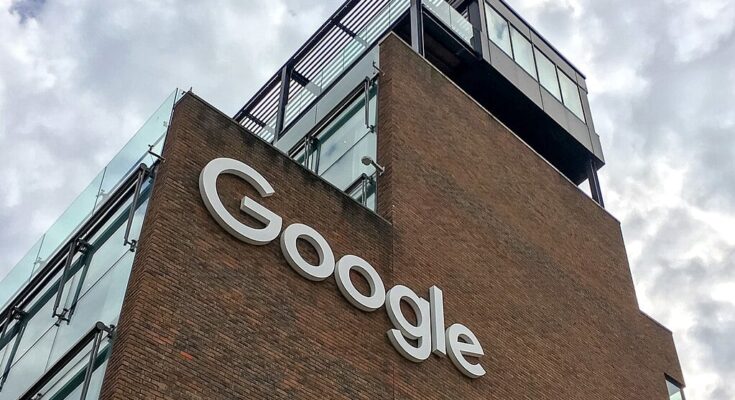
As we have extensively covered, AI keeps taking over mainstream tech circles. This time, it has been revealed that Google is developing an AI program that uses sound signals to predict early signs of sickness.
It has been revealed that Google has trained a foundation AI model with 300 million pieces of audio featuring coughs, sniffles, and labored breathing to identify diseases such as tuberculosis.
The tech giants have teamed up with an Indian company called Salcit Technologies, which is focused on respiratory healthcare AI, to implement the new technology into smartphones where it can be more aware of populations in rural areas with poor access to healthcare.
How is Google going to make an AI system that can detect diseases?
Google is going to base its AI sickness technology on the combination of biology and acoustics. These new generative AI capabilities will be especially significant given that they can be used in devices such as phones that do not require large computing power.
The plan is for AI and a handset microphone to be able to save human lives by detecting possible diseases from sound analysis.
This AI technology is already helping deal with the world’s most infectious disease. Almost 4,500 people die every day, and 30,000 people are incapacitated due to tuberculosis.
This public health issue is treatable, but in countries such as India, it is extremely challenging to treat. Almost a quarter of a million people are affected by the disease in the country every year, and early detection is fundamental in preventing it from spreading.
With the data Google used in its training of the AI technology, it has been able to feed its Hear AI system, which will help detect tuberculosis by analyzing the sound of coughing.
The AI technology is capable of detecting early signs of tuberculosis by listening to subtle differences in coughing patterns in patients and lining them up for further assessment by a qualified medical team.
Salcit Technologies has taken a step further and is helping local companies further screen patients
Google’s Indian collaborator for this AI project is Salcit Technologies, which, as formerly explained, focuses on respiratory healthcare. Salcit is using the AI model to improve how accurate tuberculosis disease diagnosis can be, by using its own AI system called Swaasa.
Other leading healthcare corporations in India are already using Swaasa to screen people, including those in rural areas of the country. Apollo Hospitals and the Healing Fields Foundation are using the AI system for this purpose.
With this new technology, the sound of the cough would be the equivalent of providing a blood sample, but the process is even faster because it is analyzed on the cloud rather than in a lab.
These tests begin at 200 rupees ($2.40), which is much more efficient when one considers that other tests can cost up to 3,000 rupees ($35) at a clinic.



